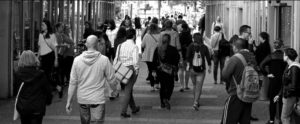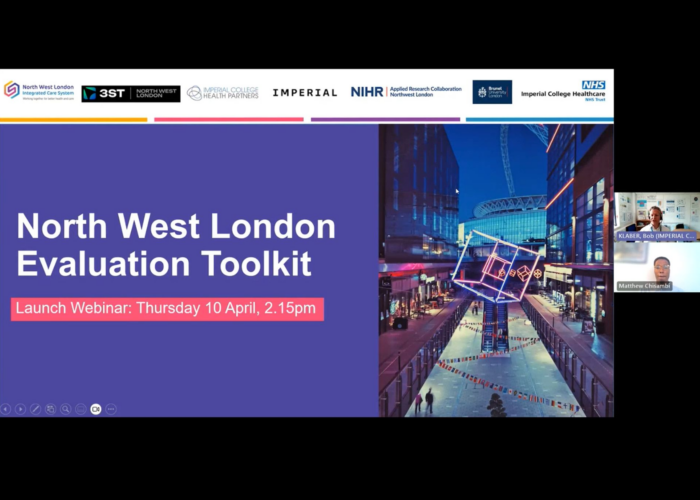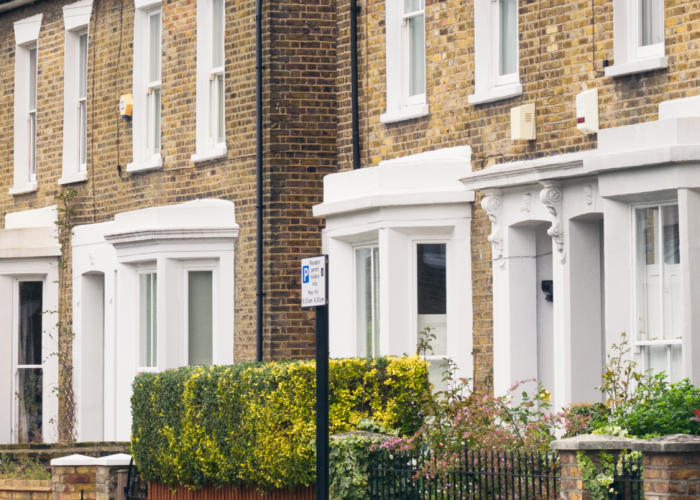 Since presenting at a conference on blast injury in July, Imperial College Health Partners has been working with the charity Action on Armed Violence to share their recent research on the extra care required for victims of a bomb blast. Here, we explain how partnerships like this can further expand the scope of their research and potentially support victims of bomb blast across the world.
Since presenting at a conference on blast injury in July, Imperial College Health Partners has been working with the charity Action on Armed Violence to share their recent research on the extra care required for victims of a bomb blast. Here, we explain how partnerships like this can further expand the scope of their research and potentially support victims of bomb blast across the world.
In July, Andi Orlowski and I were pleased to give a talk at the international blast injury conference held at Imperial College London, the home of the Centre for Blast Injury Studies, to highlight our recent work looking at the long-term health needs of patients who have been in explosions. The conference gives scientists, engineers and clinicians interested in blast injury research the chance to come together and hear about developments in the field.
Our research analysed very initial data from the Hospital Episode Statistics database to follow survivors of accidental and assault explosive blasts and identify their use of the healthcare system and the types of care accessed. We also identified matched populations who were not involved in an explosion. Which I have written about in my previous blog: How much care is really needed for victims of bomb blast injuries?
We were delighted that our findings were met with a great deal of interest at the conference and we were approached by the charity Action on Armed Violence to discuss how this information could be used to inform their work supporting survivors of bomb blasts internationally as well as in the UK.
Organisations who work in the field of bomb blast injury often have limited datasets. Action on Armed Violence has a record of all wartime injuries reported in English media in the last ten years, but they don’t know the types of injury they had or what happened to the survivors in the years following the incidents. That’s where we come in.
We are the only people with ten years of linked hospital data at our fingertips. Other organisations primarily have access to military data or short-term civilian data. By sharing data there is a lot more that can be done.
Our work started in this field just a few months ago, but we are already in initial discussions with a number of organisations, both military and civilian, to determine how we can work together to further our research and help support bomb blast patients into the future, in the UK and overseas.
We now plan to do more work on our existing data by splitting the data by age and gender to garner further results and also by linking up with the mental health dataset. Our initial research identified that survivors sought treatment for mental illness in the second year following the bomb blast, so it would be interesting to analyse specific mental illness data to gain a deeper understanding of this result, which supports the need for long-term care.
We hope to work further with former Director General of the Army Medical Services Major Michael von Bertele, who has already offered his input and experience into humanitarian responses, and also with Dr Emily Mayhew, Imperial College London’s lead on the Paediatric Blast Injury Partnership, which is part of the Centre for Blast Injury Studies network. Dr Mayhew is interested in our research because of the difficulty of capturing data in conflict zones.
We have also been speaking with the University of Southampton, which has established Africa’s first Blast Injury Research Network. This network is a collaboration between the Engineering and Medicine Faculty and the Blast Impact and Survivability Unit with an aim to improve the effectiveness and relevance of blast injury and protection research.
They have invited us to run a workshop at the Blast Injury and Protection Research Forum in November, which aims to characterise the key health challenges relating to civilian blast injuries and identify priorities for future research.
The intention of the forum is to provide a stimulating environment where multi-disciplinary researchers, clinicians and specialists from across the research pipeline can present their work, spark new collaborations and share knowledge on blast-related injury and protection through a programme of presentations and round-table discussions.
There are many ways our data can be sliced to assess the healthcare needs of survivors of explosions. We are new in the area, but our data can provide valuable insights to inform many areas of work in bomb blast studies.
We would like to hear from others working in this area about what information is most useful to help inform their work, so that we can provide the analysis that will ultimately support the case for increased care for bomb blast survivors both at home and abroad.



